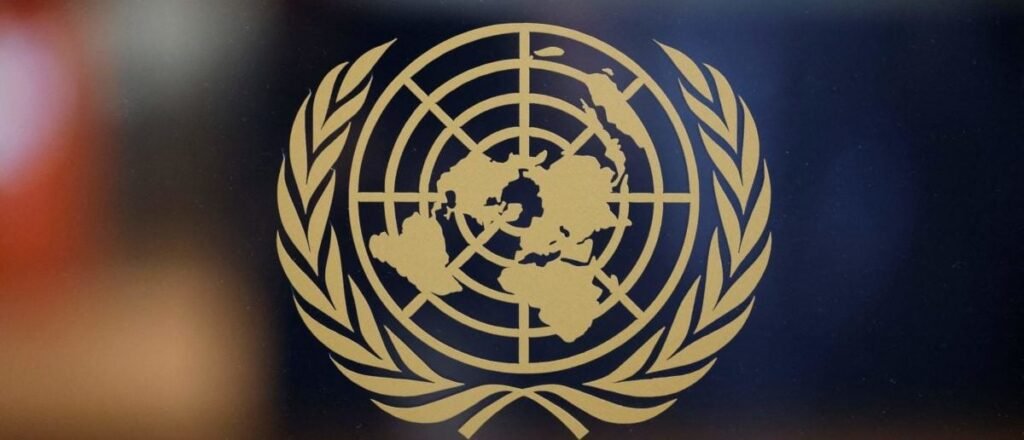Just when it seemed like the Trump administration’s rollback of climate policies might bring some relief, the United Nations is on track to finalize a legally binding global plastics treaty by year’s end. This treaty is expected to impose new regulations on plastics, which could lead to increased costs.
Plastics, derived from oil, are ubiquitous—from water bottles and tea bags to syringes and prosthetics. The treaty aims to regulate the entire “plastic lifecycle,” addressing production and waste management. According to the UN, approximately 18-20% of the world’s plastic waste eventually ends up in the ocean.
As negotiations prepare to take place in Geneva next month, discussions intensify about the future landscape of plastic production and regulation. Policymakers are increasingly referencing a 2020 report from Pew Charitable Trusts, which proposes a range of measures, including bans on plastics and limits on new plastic production, as part of the rationale behind these regulations.
However, some critical voices suggest that the dire warnings from this report may not hold up under scrutiny. For instance, Pew predicts that without immediate global action, plastics polluting the oceans could triple by 2040. Yet, a study in *Advances in Science* points out that over 90% of marine plastic pollution originates from just ten rivers, mainly in Asia, while the US contributes less than 1%. Pew’s one-size-fits-all approach treats all countries equally, ignoring the actual sources of pollution.
This kind of oversight carries serious implications. The proposals from Pew advocate for reducing plastic production and implementing stringent global regulations on single-use items. Yet, a ban on straws in the U.S. or restrictions in Europe won’t eliminate waste issues in regions with inadequate waste management systems. Policies targeting Western consumption may merely shift the problem elsewhere or could hinder innovation.
The real dilemma isn’t plastic itself; it’s the mismanagement of plastic waste and regulatory frameworks that obstruct better solutions. In many places, government-run recycling monopolies stifle innovation, leaving private entrepreneurs struggling against market barriers.
While Pew pays some lip service to innovation, its recommendations lean heavily toward regulation. Historically, it’s been technology—rather than strict bureaucratic measures—that has driven significant environmental progress.
The world really needs open dialogue among experts, entrepreneurs, and the public to foster new ideas. Picture a small pyrolysis unit in a remote village converting waste into fuel or local recycling hubs empowering informal waste collectors. These initiatives are already in the works but often get sidelined by policymakers focused on bans and restrictions.
Moreover, the negative focus on plastics often overlooks their benefits—they’re lightweight, durable, and usually more environmentally efficient compared to materials like glass or aluminum. The crux of the issue is not the substance itself, but how we handle it post-consumption. It’s about systemic failure, not a flaw in the material.
Pew’s *Break the Plastic Waves* defends an administrative approach that limits choices, stifles innovation, and consolidates profits under the guise of environmentalism. Some advocacy groups seeking bans have overshadowed innovative newcomers, pushing for subsidies and regulations that serve their interests instead.
As the UN aims to wrap up the treaty by early 2026, the stakes are high. Even if the Trump administration chooses not to sign, the average American will likely feel the impact of this framework. For example, manufacturers of critical medical devices made from plastic may have to deal with higher costs imposed by suppliers in countries that ratify the treaty.
In the end, it’s the marketplace of ideas—not the dictates of policy NGOs—that will spark the solutions we need. It might be time to push back against the tide of flawed science.







